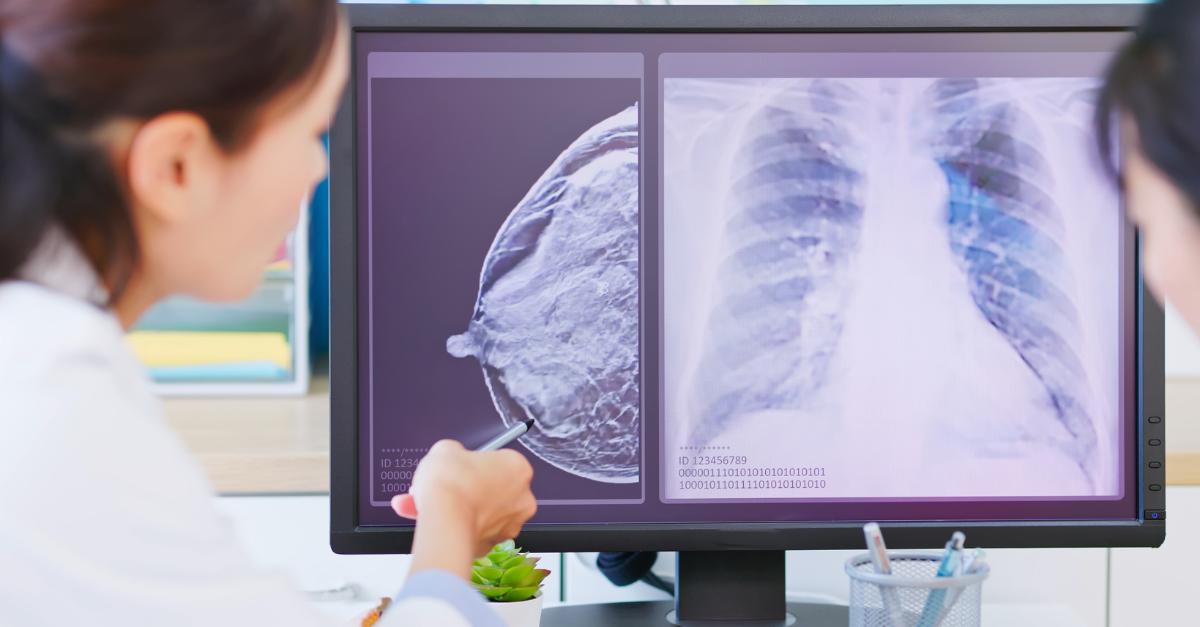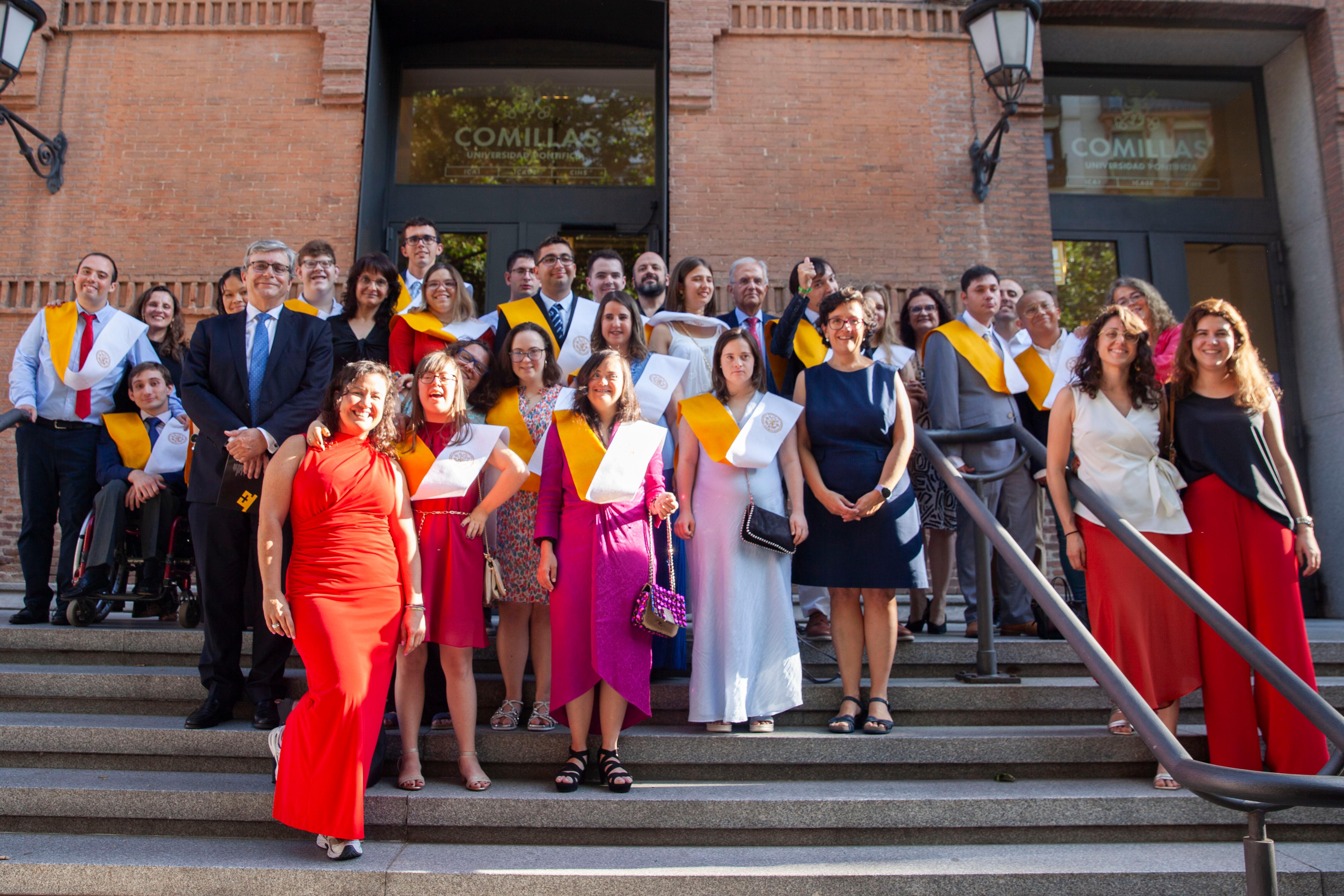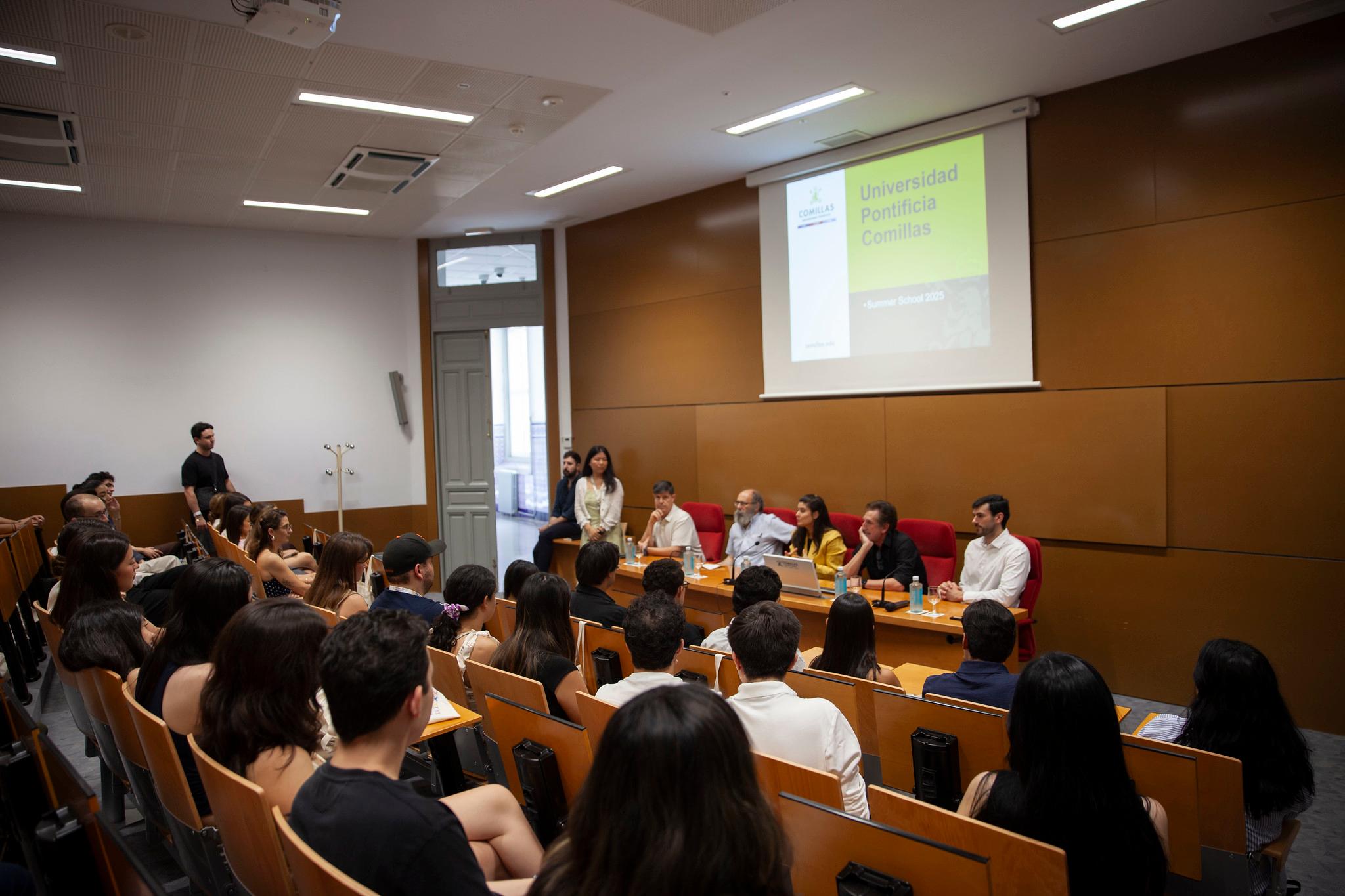CIHS promotes the development of the humanities in the digital and technological sphere
CIHS is part of the Clúster en Humanidades Digitales y Tecnológicas del Español in the Community of Madrid, a platform that promotes research and innovation projects in these areas

18 June 2024
The Faculty of Humanities and Social Sciences (Comillas CIHS) is part of the Clúster en Humanidades Digitales y Tecnológicas del Español in the Community of Madrid, a platform that promotes research and innovation projects in these areas. In addition, thanks to this initiative, the different stakeholders are able to create a common learning and development ecosystem.
Comillas is pleased to be participating in two projects that are being developed within this cluster.
Plain Language Project
Firstly, Mª Luisa Romana García, Head of Studies for the Degree in Translation and Interpreting and International Communication, and Mª Dolores Rodríguez Melchor, Vice-Dean for Quality and Innovation, are part of the Clear Language Project. This initiative aims to develop a clear language application for the socio-sanitary sector.
Digitisation of Heritage
On the other hand, Henar Pizarro Lorente, director of the Master in Integral Heritage: Culture, Identity, Innovation and head of studies of the Degree in Philosophy, the Degree in Philosophy, Politics and Economics (FIPE) and the Degree in Philosophy and FIPE, participates in the Heritage digitisation project. This project seeks to "build a hybrid ecosystem (physical and digital), with a technological base, that allows the heritage of the Community of Madrid to be contextualised, made known and valued in an attractive, rigorous and sustainable way".
Undoubtedly, two initiatives that are committed to the development of the humanities in today's digital environment and that promote new ways of working in these disciplines.
You may be interested in

The aim of this plan is to facilitate the patient's transition to closer care from primary care after overcoming the disease, without losing the link to specialised hospital services.

Nineteen students from the EDUCADEMOS and TECNODEMOS programmes culminate their training in a ceremony that reinforces the commitment to educational inclusion and professional development

The inauguration of these courses opens a global space for learning, cultural exchange and academic excellence
